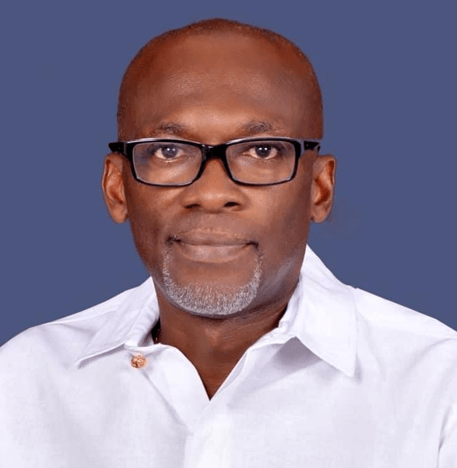In Ghana’s bruising political landscape, the only ideology that seems to endure is that of convenience.
Whether it’s the National Democratic Congress (NDC) or the New Patriotic Party (NPP), the pattern has become all too familiar: swap positions, and suddenly, what was once condemned becomes acceptable—and vice versa.
This game of political musical chairs has had dire consequences for public trust in democratic institutions.
Ghanaians, astute as ever, have come to expect that once a party leaves the opposition bench and ascends to the corridors of power, it will swiftly abandon its earlier convictions for the perks of incumbency. The result? A chronic erosion of credibility—and a deeply cynical electorate.
The Judiciary: Revered or Ridiculed Based on Who’s in Charge
Take the judiciary, for instance. Every party in opposition cries foul when Supreme Court justices are appointed by a sitting president—accusing the executive of attempting to influence verdicts from the bench.
But in power, they rush to fill judicial vacancies with an urgency that suggests they once feared it only because they hadn’t yet had the chance to control it.
President Akufo-Addo’s administration, for example, appointed more Supreme Court judges than any president in the Fourth Republic.
The NDC, predictably, raised alarms. Yet, under former President Mahama, similar criticisms came from the then-opposition NPP, which claimed the court was being packed. It’s as if the principles of justice and judicial independence matter only when one isn’t calling the shots.
This cynical dance reached new heights on May 1, 2025, when NPP Minority Leader Alexander Afenyo-Markin lashed out at President Mahama’s nomination of seven Court of Appeal judges to the Supreme Court.
Speaking at a press conference, he denounced it as a “strategic and deliberate effort to pack the Supreme Court with loyalists,” characterising the move as a veiled “third-term agenda.” He added, “This is not how a responsible government strengthens the rule of law. This is how a government tightens its grip on power through the backdoor.”
The irony, of course, is inescapable. The same party that defended a record number of judicial appointments just a few years ago is now crying foul with almost identical language and logic. It’s a political pantomime with a rotating cast—and Ghanaians have seen the script too many times before.
The Media: Friend of the Opposition, Foe of the Government
Ghana’s media, once ranked among Africa’s freest, now finds itself constantly navigating between praise and persecution. When in opposition, both the NDC and NPP hold the media up as defenders of democracy. They grant interviews, pen op-eds, and call press conferences to decry injustice.
But once elected, the tone changes. Journalists critical of government are branded enemies of progress. Investigative reporters are harassed, and dissenting voices are drowned out by a machinery of propaganda and subtle intimidation. The same Fourth Estate that was a beacon of freedom becomes, in the eyes of the ruling party, an unruly force to be tamed.
As one veteran journalist lamented recently, “It’s as if freedom of the press only exists when it flatters the ambitions of the opposition.”
Demonstrations: Glorified when out of power, criminalised when in
Perhaps the most dramatic flip-flop occurs around public demonstrations. In opposition, both parties have mounted protests under the banners of economic hardship, corruption, or electoral injustice. They speak eloquently about constitutional rights and the sanctity of civic expression.
But when in government, those same parties deploy the police to quash demonstrations, often with disproportionate force. The narratives change overnight—protesters become “miscreants,” civil society is branded “politically motivated,” and calls for restraint are replaced with demands for “law and order.”
These reversals are not only disingenuous but dangerously corrosive to democracy.
A Democracy in Decline—or One in Waiting?
The deeper issue is that such blatant double standards have become normalised. In a functional democracy, political parties serve as guardians of values. But in ours, they often seem more like actors in a revolving-door drama—changing costumes and scripts depending on which side of the power divide they find themselves.
The consequences are not abstract. They are lived: in the growing apathy of young voters, in the perception that “they’re all the same,” and in the gnawing disillusionment of those who once believed in the possibility of change.
Ghana deserves better. A democracy is not built merely on alternation of power, but on fidelity to principle—whether in government or in opposition. Until our political class learns to speak with the same voice both in and out of office, our progress will remain cyclical and our democracy, cosmetic.
The Final Word
In the end, governance is about more than slogans and soundbites—it is about credibility and conscience. And so, we must keep asking: if the tables turned tomorrow, would the tune change yet again?
If history is any guide, we already know the answer.
###










